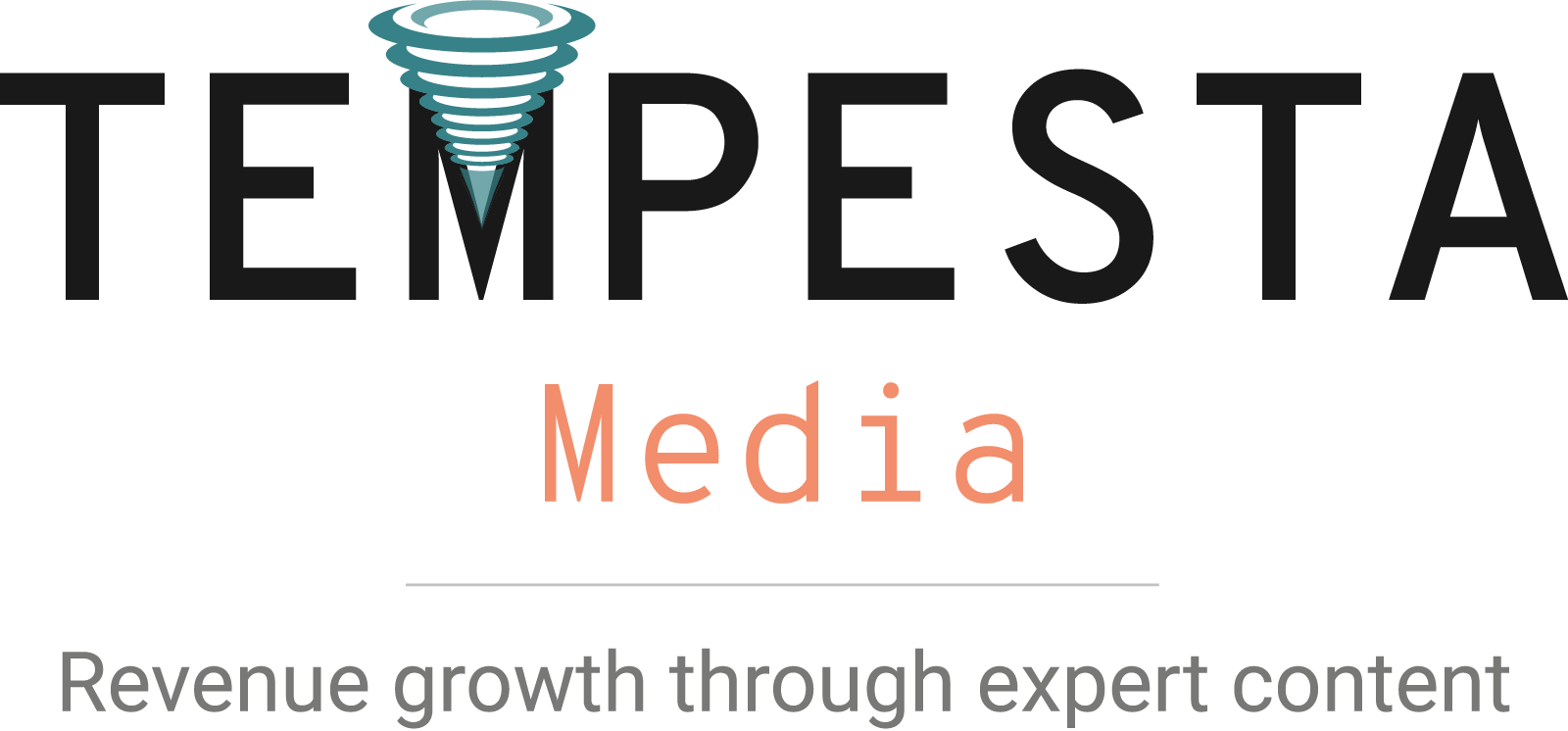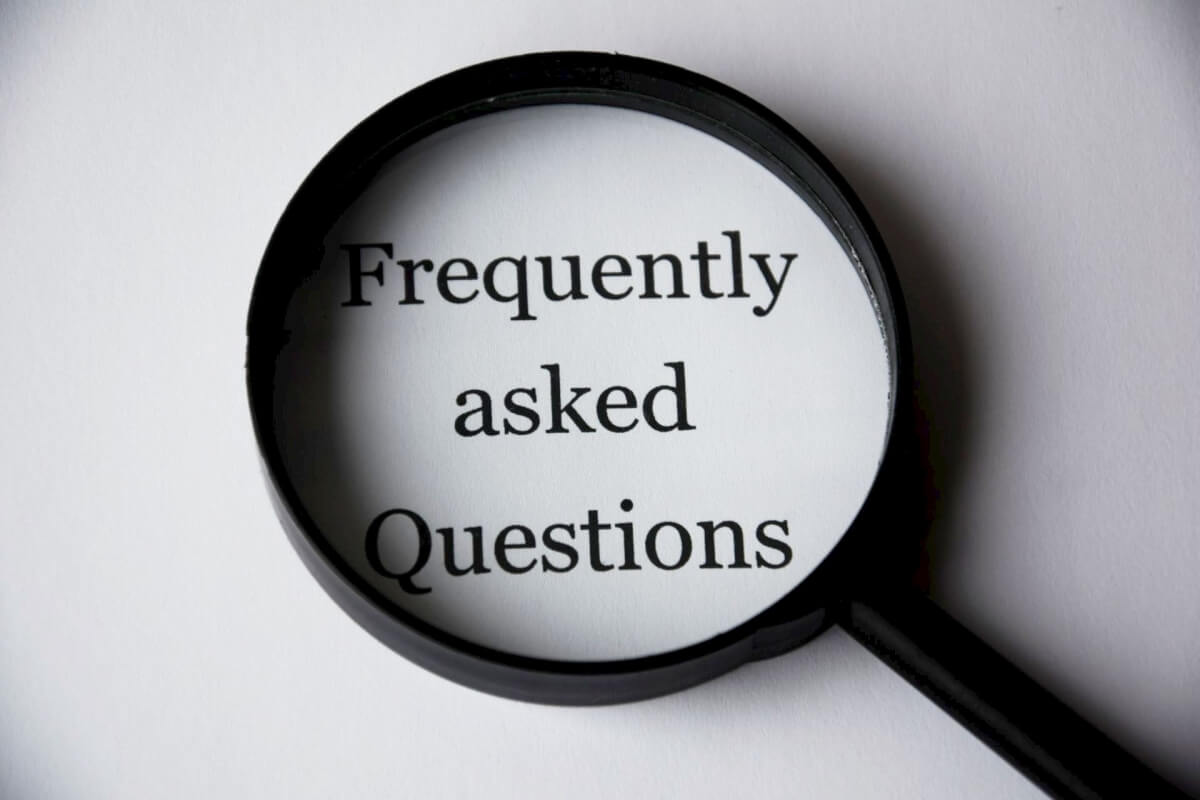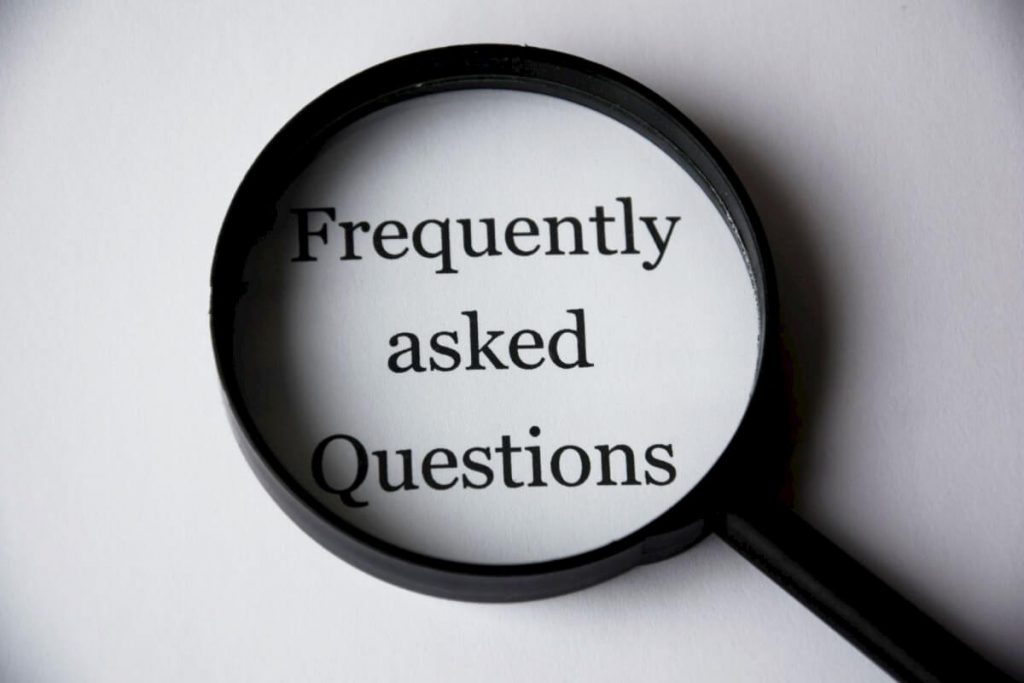FAQ content, as the term implies, is a piece of content that contains a question and answer (Q&A) addressing a common concern about your business.
Company websites usually have an FAQ page to help answer questions for both customers and prospects. The FAQ page is commonly used for prospects that are not simply learning about the issues, but are farther along in the marketing funnel and therefore making a decision about whether or not they’d like to work with you.
The About Us page, on the other hand, talks about a company’s history and the most impressive information about the culture and team.
The FAQ page can be considered a customer service tool. It’s where people go if they need specific information about your products, services or business operation. Your FAQ area can also serve as the first point of contact for customers and prospects looking for answers before they contact you directly with their queries.
Good FAQ pages save account managers and sales reps time by answering common questions, and they also improve the overall experience for customers. Customers like quick answers and transparency improves your credibility.

How should FAQ content be formatted?
Today’s successful companies have the most effective FAQ pages. How are these companies formatting their FAQ content in the digital age? Here are a few FAQ tips and tricks that all SEO and content marketing strategists should be paying attention to right now:
Highlight information
Focus on providing information to visitors. Design a unique FAQ interface that also considers the disappearing attention span of customers. It’s important to have an FAQ section that is uncluttered and easy to use. Make the questions and answers stand out.
Incorporate keywords
Frame your questions so that they contain the main keywords that site visitors would look for when they scan the FAQ page. Keywords help your SEO. In this example, the FAQ article used the keyword phrase “estimated reading times.”
Keep it simple and concise
Ensure that the questions and answers are clear and well-written. Use simple words and short sentences that could have been written by your customers themselves.
Utilizing a conversational tone will increase the likelihood of your FAQ page being discovered through Google searches.
Questions should be written from the perspective of your customers. Answer each question directly, from your business’s point of view.
Consider bullet points for information that will take up more than five lines. If your response requires a detailed explanation or context, you can include a link to a blog article that is dedicated to that topic. Not only will your FAQ page look less cluttered, but it will also be SEO friendly.
Try a multimedia approach to answer complex questions
If you’re struggling to answer a question in written words, feel free to use images, infographics, slides or videos.
Use category labels, clickable questions
Organize all the questions by putting them in categories. That way, visitors can quickly find the category that contains the information they seek. If your site has over 100 topics, use category labels and a list of clickable questions to increase your visitors’ efficiency. An effective FAQ section reflects well on the company. Lastly, visitors would feel confident about the company’s ability to provide proper support for their products or services.
Tags that link an answer to another related frequently asked question is another good way to be helpful to the reader, while also increasing the pages viewed and time spent on site.
End the website page with a CTA
Make the most of your FAQ article by adding a call to action at the end of your answer. A CTA that links to other pages on your site helps push visitors back into your funnel and influence conversions.
You may also link at the bottom of your FAQ to related articles or Q&As that tackle the next steps.
Choosing questions for your FAQ page
The first place to start is with your account managers or customer support team. Ask them about the most common questions they receive. Explain that this FAQ page will hopefully reduce questions, making their life a whole lot easier.
The next group of people to address are your sales professionals. Ask your sales team about the common questions that they receive during the sales process? Including links to these answers is easier that writing out the answers over and over again via email.
In order to truly understand what issues, concerns and questions keep propping up in the minds of your target audience, take these necessary steps:
- Review emails and customer support tickets.
- Check out social media and online forums discussing your brand.
- Visit competitor websites and read their user feedback.
- Take a look at competitor FAQ pages to brainstorm fresh ideas.
- Ask your family members, friends and colleagues what questions about your service or product they would need to be answered before they decide to make a purchase. What information is missing from your website that causes uncertainty?
- Collaborate internally. Talk to the sales team to hear what prospects ask during the sales process. Account managers, meanwhile, can tell you what questions come up a lot from their customers.
The whole process will help you determine what people care about most before as well as during and after a purchase. It will allow you to come up with an authentic, useful list of frequently asked questions.
The right questions should be raised strategically to educate customers about your offerings and create demand. Use the opportunity to turn complaints into questions and turn those questions into a path to further customer engagement or conversion.
For more information about creating content that will improve the sales cycle and customer experience, contact Tempesta Media.












